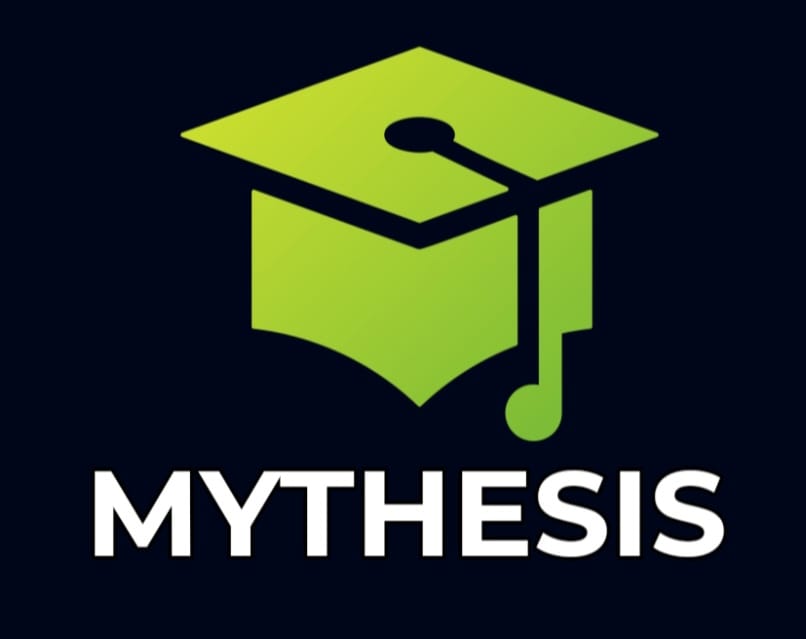

This article presents a statistical analysis of Mythesis, a prominent company in the field of academic writing services.
By harnessing the power of data, we aim to gain valuable insights into various aspects of Mythesis’s operations, including customer satisfaction, service quality, turnaround time, and pricing. Through statistical analysis, we seek to uncover trends, patterns, and correlations that can shed light on the company’s performance and provide a deeper understanding of its impact on the academic writing industry.
1. Customer Satisfaction Analysis :
To assess customer satisfaction, we employ statistical methods such as survey data analysis and sentiment analysis. By analyzing feedback from clients and ratings provided, we can measure overall satisfaction levels and identify areas where Mythesis excels or needs improvement in thesis writing. Statistical techniques like regression analysis and hypothesis testing can help determine the factors that significantly influence customer satisfaction and the extent of their impact.
2. Service Quality Evaluation :
Statistical analysis enables us to evaluate the quality of services provided by Mythesis. Through techniques like descriptive statistics and inferential analysis, we can examine factors such as the number of revisions requested, client testimonials, and comparison with industry benchmarks for thesis India. By quantifying and analyzing these indicators, we can gauge the effectiveness of Mythesis’s service delivery and identify areas for enhancement.
3. Turnaround Time Analysis :
Efficient turnaround time is crucial in the academic writing industry for thesis writers in India. Using statistical tools like mean, median, and standard deviation, we can analyze Mythesis’s performance in terms of completing projects within specified deadlines. This analysis provides insights into the company’s ability to meet client expectations and deliver work promptly. Additionally, we can explore correlations between turnaround time and other variables, such as customer satisfaction or service quality.
4. Pricing Assessment :
The statistical analysis aids in evaluating the pricing structure of Mythesis‘s services. By examining pricing data and comparing it to industry standards, we can determine if their pricing is competitive and aligns with the quality of work delivered. Analyzing price distribution, price fluctuations over time, and price differentials for various services helps us assess the fairness and market positioning of Mythesis’s pricing strategy.
5. Trends and Predictive Analysis :
Utilizing statistical techniques like time series analysis and regression modeling, we can identify trends and make predictions regarding Mythesis’s future performance. By analyzing historical data and external factors such as market trends and customer demands, we can forecast potential growth, demand patterns, and adaptability to changes in the academic writing landscape.
Conclusion:
Through a comprehensive statistical analysis of Mythesis, we have gained valuable insights into its customer satisfaction, service quality, turnaround time, and pricing. This analysis enhances our understanding of the company’s performance and its position within the academic writing industry.
